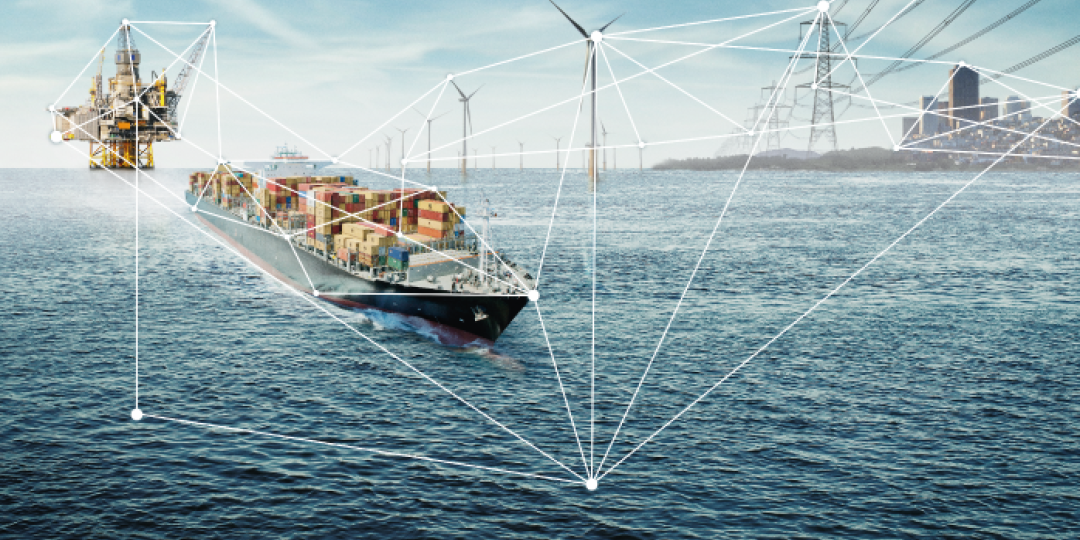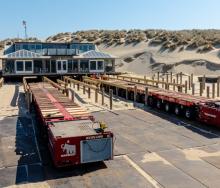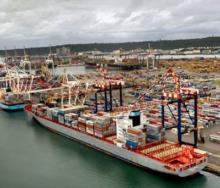The exponential pace of technological development will produce skills development challenges in South Africa’s maritime economy, experts have told the South African International Maritime Institute (SAIMI).
Danish Maritime Authority expert, Andreas Nordseth, said regulatory bodies had not been able to keep up with developments and seafarer training was fast becoming outdated – focusing on subjects such as celestial navigation but not future dangers such as cyber security.
“The rise in smart shipping is creating a need for specialised, highly educated and better trained seafarers, with technology making courses more cost effective (via apps and online courses) and available to millions,” said UK-based Marine Society College’s Nick Chubb.
SAIMI chief executive Malek Pourzanjani noted that skills development needed to keep up with the global demand - especially as it had been predicted that there would be a global shortage of 150 000 seafarers by 2025.
“As maritime countries, we should examine the needs of new technologies and tailor our maritime education to meet these needs for a sustainable future,” said World Maritime University president Cleopatra Doumbia-Henry. “It is not enough, and short-sighted, to educate tomorrow’s leaders based on today’s labour market.”
Marine manufacturer Wärtsilä’s senior digital project manager, Matteo Natali, pointed out that while technology would lead to fewer on-board crew jobs in the future, many more on-shore jobs would be created.
He observed that these jobs would likely involve intelligent data management and cyber security, enabling ships to operate more efficiently, safely and securely.













